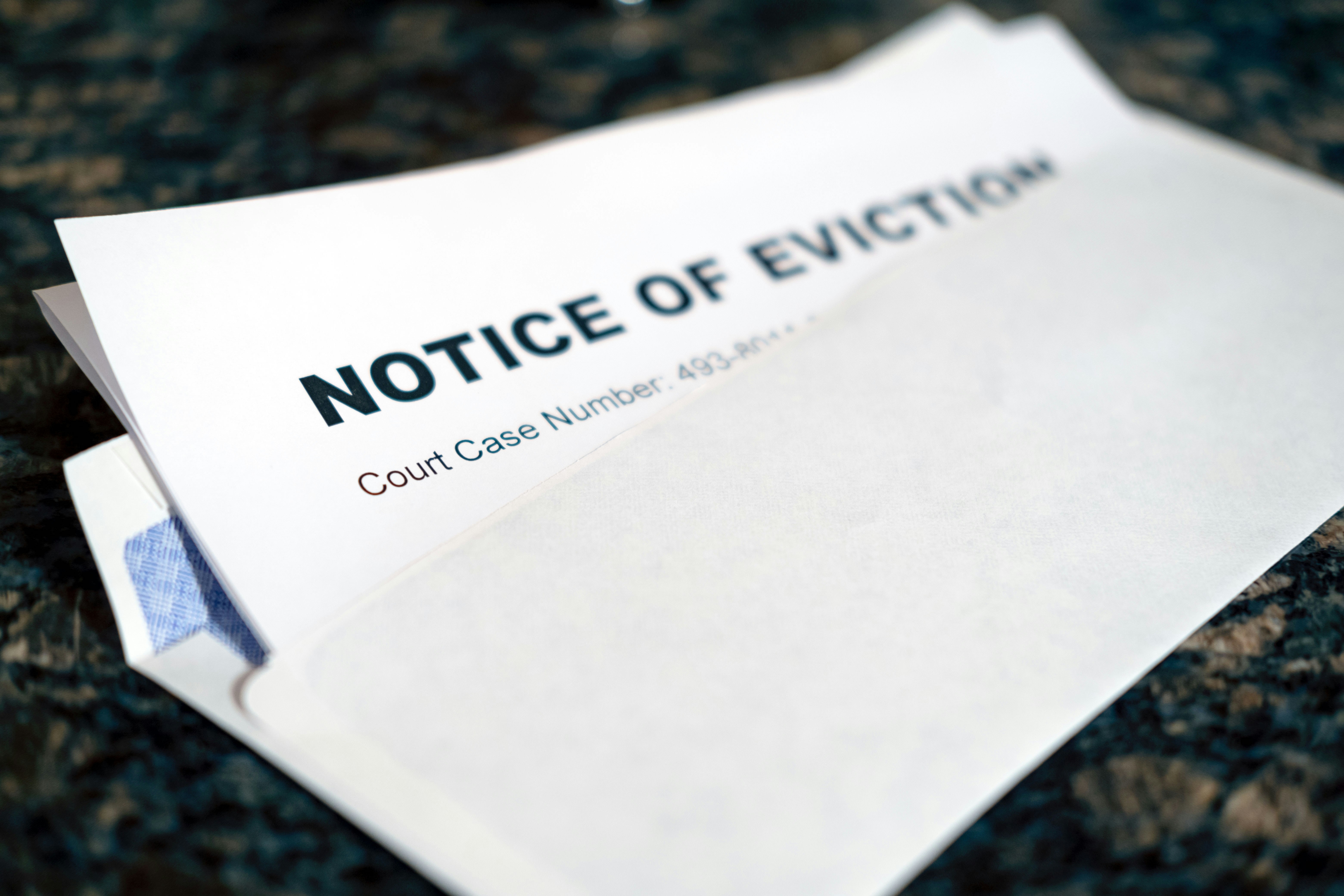In Florida, a tenant can technically be evicted even if they are suing their landlord, but the specifics depend on the circumstances of both the lawsuit and the eviction proceedings. To understand this, it’s important to consider both the rights of tenants and landlords in Florida, the nature of the legal action being taken, and the process of eviction.
Rights of a Tenant in Florida
Florida law protects tenants from unfair eviction practices. Under the Florida Residential Landlord and Tenant Act, landlords cannot evict tenants for reasons that violate their legal rights. A tenant has the right to sue a landlord for reasons such as:
- Failure to make necessary repairs: If the landlord fails to maintain the rental property in a habitable condition (i.e., making needed repairs or addressing health and safety concerns), the tenant can file a lawsuit seeking a remedy.
- Violation of the lease agreement: If the landlord breaches the terms of the lease agreement, the tenant may have grounds to file a lawsuit.
- Illegal entry or harassment: A tenant can take legal action if the landlord violates their privacy by entering the unit without proper notice or engaging in harassing behavior.
- Failure to return security deposit: Florida law requires landlords to return the security deposit within a certain timeframe. A lawsuit can be filed if the landlord unlawfully withholds it.
The Lawsuit and Eviction Process
If a tenant sues a landlord in Florida, they are asserting a legal right. Florida law prohibits landlords from retaliating against tenants for exercising their legal rights. If a tenant files a lawsuit or complains about conditions in the rental unit (e.g., for failure to make repairs), the landlord cannot evict the tenant in retaliation for such actions. If a tenant is evicted shortly after filing a lawsuit or making a formal complaint, it could be considered retaliatory eviction, which is illegal under Florida law.
In such cases, the tenant can defend against the eviction by proving it was retaliatory. A landlord may attempt to argue other reasons for the eviction, such as non-payment of rent or violation of lease terms, but the burden is on the landlord to show that the eviction is not retaliatory.
When Can the Landlord Evict?
A landlord can legally initiate eviction proceedings for legitimate reasons unrelated to the lawsuit. For example, if a tenant violates lease terms by causing damage to the property or engaging in illegal activities on the premises, the landlord can proceed with eviction regardless of any ongoing legal disputes.
The most common reason a landlord may seek to evict someone is for failure to pay rent. If an individual has not paid rent, the landlord can file an eviction lawsuit known as a “forcible entry and detainer action.” Even if the tenant has filed a lawsuit against the landlord, the landlord may still pursue eviction based on non-payment of rent, which is considered a separate legal issue.
However, this can get tricky. If someone is suing their landlord for conditions like failure to repair essential services (e.g., plumbing, heating), and has withheld rent as a result, they may have a defense to the eviction. Florida law allows tenants to withhold rent if the landlord has failed to maintain the property in a habitable condition and the tenant follows the proper legal steps.
The tenant might be able to present these claims during the eviction hearing. Florida courts will weigh both the landlord’s claims for eviction and the tenant’s legal claims in deciding whether the eviction should proceed.
Legal Protections for the Tenant
If a tenant believes the eviction is being carried out for retaliatory reasons or in violation of their rights while they are suing the landlord, they may have legal defenses. In Florida, tenants can raise counterclaims in response to eviction proceedings, which could delay or prevent an eviction if the court finds in favor of the tenant.
In some cases, tenants may be able to delay or avoid eviction by proving that the landlord’s actions were retaliatory or by defending against eviction based on the issues raised in the lawsuit.








